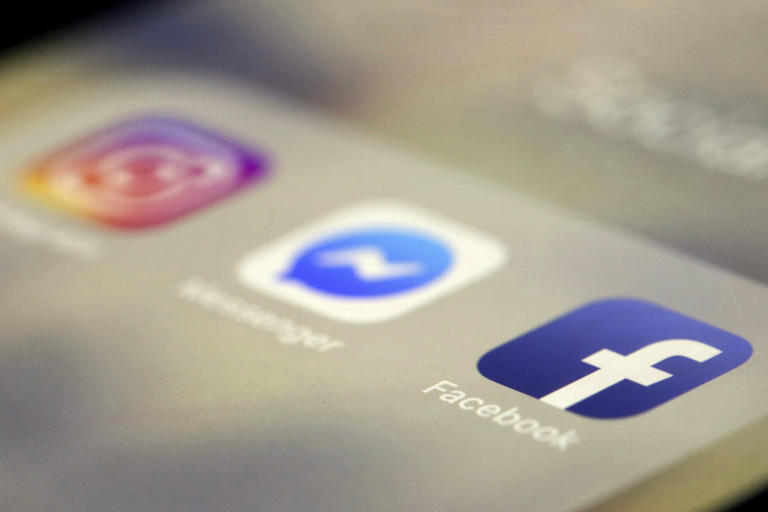In today’s digital era, where smartphones reign supreme and social media platforms dominate the virtual landscape, the relationship between technology and well-being has come under increasing scrutiny, particularly among the younger demographic. Amidst concerns about the potential adverse effects of excessive screen time on mental health, a recent survey conducted by the Pew Research Center unveils a surprising revelation: despite the pervasive presence of smartphones in their lives, nearly three-quarters of U.S. teens report feeling happy or peaceful when they disconnect from their devices.
Published on Monday, the Pew survey sheds light on the complex interplay between technology usage and emotional well-being among adolescents, challenging conventional assumptions about the omnipotence of smartphones in shaping young minds. Contrary to popular belief, many teens experience a sense of contentment or tranquility when they go without their phones, suggesting that digital detoxes may hold intrinsic value in an age characterized by constant connectivity.
The findings of the survey come at a time of heightened concern among policymakers, parents, and mental health advocates regarding the impact of technology on adolescent development. Last fall, a coalition of states, including California and New York, filed lawsuits against Meta Platforms Inc., alleging that social media platforms like Instagram and Facebook exacerbated the youth mental health crisis by fostering addictive behaviors among children. Moreover, in January, top executives from leading social media companies faced scrutiny before the Senate Judiciary Committee over their platforms’ detrimental effects on young users.
Despite these mounting concerns, the Pew survey also underscores the perceived benefits of smartphones among teens. Many adolescents believe that their devices facilitate creativity, academic success, and the pursuit of hobbies. Additionally, the survey reveals that smartphones have become an indispensable aspect of daily life for the vast majority of American teens, reflecting the ubiquitous nature of digital technology in contemporary society.
- Roughly half of parents acknowledge imposing limits on their teen’s phone usage, while an equal proportion refrain from enforcing restrictions.
- Approximately 40% of parents and teens admit to occasional arguments about phone usage, with disparities observed among different demographic groups.
- Parents of younger teens tend to exhibit greater vigilance in monitoring their child’s smartphone activity compared to parents of older teens.
- A significant number of teens express concerns about the negative impact of smartphones on social skills development, highlighting the need for balanced digital consumption.
As society grapples with the challenges posed by the digital age, the Pew survey offers valuable insights into the nuanced attitudes and behaviors surrounding smartphone use among American teens. While technology undoubtedly offers numerous benefits, it is imperative for stakeholders to prioritize strategies that promote responsible digital citizenship and foster healthy tech habits among adolescents. By fostering open dialogue, providing guidance, and encouraging mindful usage, parents, educators, and policymakers can empower teens to navigate the digital landscape with confidence and resilience, striking a harmonious balance between online engagement and real-world experiences.


